Last month, the Executive Office of the President in the Biden-Harris Administration released the '2023 Economic Report of the President'. The report is produced annually by the US Council of Economic Advisers and provides an overview to Congress of the nation’s economic progress and projections for the future.
Energetics was delighted to learn that our Climate Risk Expert, Dr Nick Wood, was the co-author of not one, but two papers, cited in the report. The citations can be found under 'Imperfect Information on Physical Climate Risks' within the chapter 'Opportunities for Better Managing Weather Risk in the Changing Climate'. Congratulations Nick!
What are the concerns highlighted by the US Council of Economic Advisors?
The Report discussed a growing problem that was identified and explored by Dr Wood and the broader team of authors who are drawn from business, academia, and the climate science community in Australia. Currently there's insufficient understanding within the business community of how to conceptualise, assess and quantify physical climate risks.
Yet climate change is with us and, at 1.1oC of warming, we are already experiencing severe and damaging climate-driven events. In order to produce meaningful assessments of potential futures for businesses, a suite of methodologies, processes and tools is essential – and they need to be robust and clearly aligned with climate science. However in the absence of either prudential regulation or accounting standards, businesses seeking answers have turned to a range of so-called 'black box models'. The problem we see is the lack of comparability, transparency and, in the most extreme examples, highly questionable underlying scientific validity.
As Nick says, "The need to understand and mitigate these risks requires us to take an ecosystem approach to the development of our capabilities. Climate change is a highly complex subject, and it does not lend itself to a 'start up, plug and play' model".
He added, “The report concluded that to address these risks, there was a clear need to invest in the science and sovereign risk management capabilities. What we saw in the US’ Economic Report of the President was the stated intention to develop a Climate Mapping for Resilience and Adaptation Tool for the United States. Here in Australia, Energetics is working with our national climate science capabilities to create a similar outcome – resources that will support business in their understanding of future risks.”
Energetics is the climate risk expert. We pioneered the ecosystem approach of directly engaging national science capabilities within business project teams. At a time when climate claims are being held up to scrutiny, Energetics advises on the robustness of climate risk management strategies.






